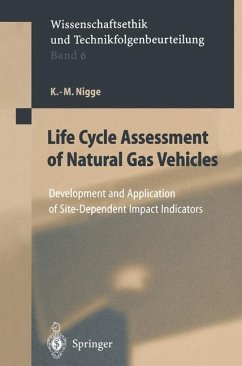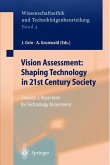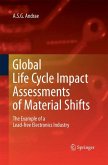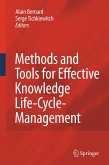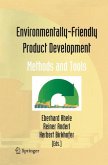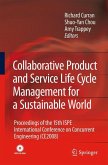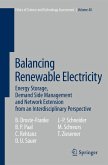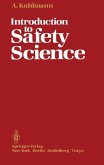In the context of conducting research on the consequences of scientific and tech nological advance, the Europaische Akademie is also concerned with the support of scientists in the doctoral or post-doctoral phase who are working on topics or methods within its research spectrum. The first dissertation supported by the Europaische Akademie is published in this volume of the book series "Wissen schaftsethik und Technikfolgenbeurteilung". One of the research areas of the Europaische Akademie is the scientific investi gation of environmental consequences of new technologies. Energy conversion and transportation are thereby considered as important areas of technological advance. The dissertation follows this thread by comparing the impacts of natural gas vehicles on human health and the environment with those of reference vehi cles fueled by petrol and Diesel. This question is addressed within the framework of Life Cycle Assessment, which is one important instrument of environmental Technology Assessment. Within this framework, a new method for the assessment of impacts on human health is developed and applied. In this way, the dissertation contributes to the methodological research of the Europaische Akademie in the field of Technology Assessment. The book is addressed to researchers in the fields of alternative fuels, Techno logy Assessment, and Life Cycle Assessment in particular. It may also be of inter est to decisionmakers and the wider public concerned with environmental impacts of energy conversion and transportation. It was written in English in order to be accessible to an international audience.
Bitte wählen Sie Ihr Anliegen aus.
Rechnungen
Retourenschein anfordern
Bestellstatus
Storno

